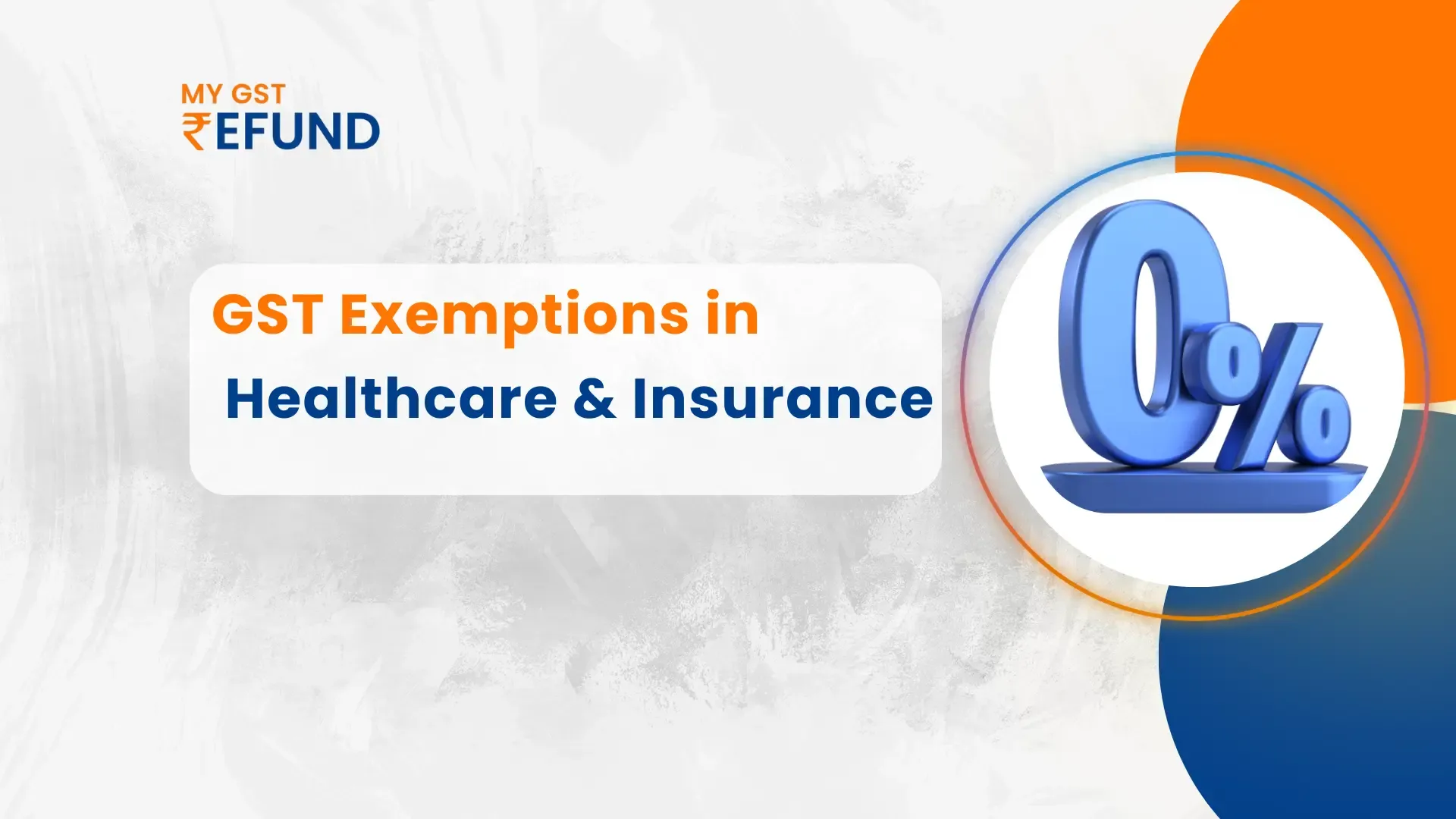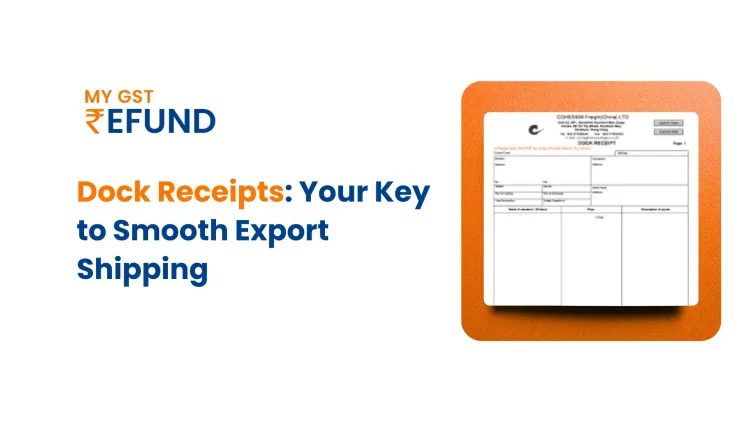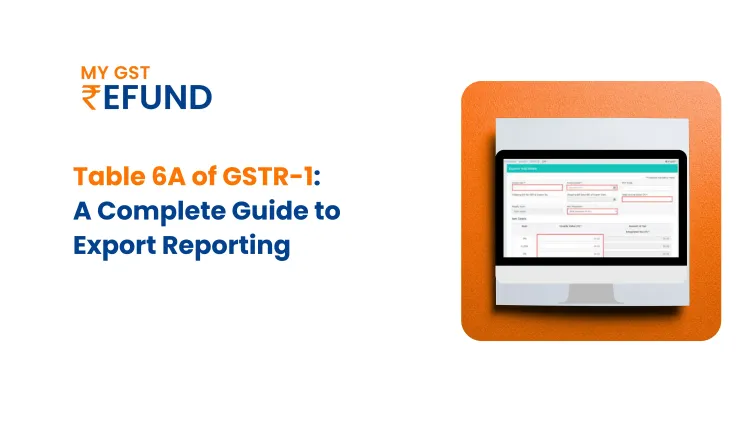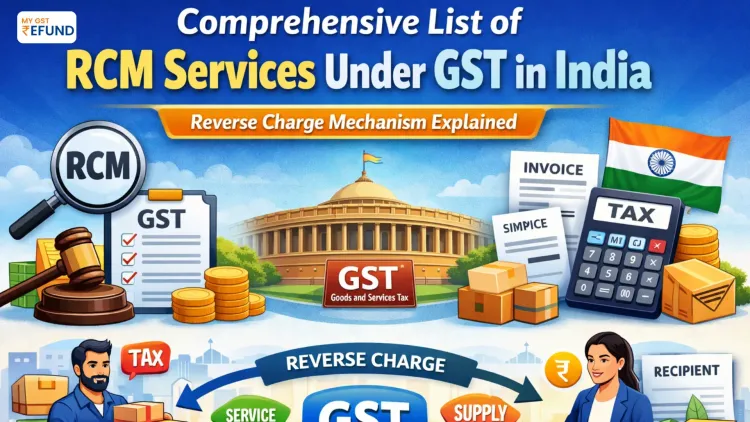Effect of new GST rate for health and life insurance
Published on: Mon Sep 08 2025
Understanding GST on Health, Medicines, and Insurance: Rates, Impact, and FAQs
GST on Health, Medicines, Insurance, and the Recent exemption of life-saving drugs, diagnostic kits, and health/life insurance. The amendment will come into force from September 22, 2025, and this is a significant fiscal relief to the policyholders.
When will the new GST rate for health and life insurance take effect?
The new GST regime will take effect from September 22, 2025, which coincides with the beginning of Navratri. The GST Council has considerably simplified the tax system, reducing the slabs to only 5% and 18%, and doing away with the 12% and 28% slabs.
Zero GST on Medicines, Insurance, Milk, and Bread
Life-saving drugs, individual insurance policies, UHT milk, paneer, and Indian breads (roti, chapati, paratha, etc.) now qualify for 0% GST-w.e.f. September 22, 2025
Medicines Relief, particularly, 33 life-saving drugs have been transferred from 12% GST to nil, such as three specialist drugs for cancer, rare or chronic diseases
"Zero GST Healthcare" explained for individuals
- All individual health and life insurance premiums-term, ULIP, endowment plans, family floater, senior citizen policies, and reinsurance will no longer have the 18% GST that was previously charged. The move is likely to lower policy prices and promote broader coverage
- Life-Saving Medical Supplies
- GST reduction from 12% to 0% on 33 life-saving drugs and medicines.
- Comprises life-saving treatments for killer diseases.
Zero tax on insurance now
GST reduced from 5% to 0% on three specialist drugs used for cancer, rare disease, and other chronic diseases- namely:
- Agalsidase Beta
- Imiglucerase
- Eptacog alfa stimulated recombinant coagulation factor VIIa.
The GST rate has been reduced from 12% to 5% for all other drugs and medicines not listed above.
- For medical supplies and drugs, such as diagnostic kits, reagents, glucometers, test strips, thermometers, oxygen equipment, wadding, gauze, bandages, glasses or spectacles for vision correction, medical equipment for surgical or diagnostic procedures, the GST is 5%, down from 12% or 18%.
- GST reduced to 5% from 12% on all other drugs and medicines not specified above.
GST rate on medicine -The GST council has also reduced rates on medical treatment and medicines.
- In accordance with the Finance Ministry, all drugs/medicines have been provided a concessional GST rate of 5%, except for a nil rate.
Importantly, in a major announcement on Wednesday, Finance Minister Nirmala Sitharaman stated that the GST of 18% on health and term insurance premium payments has now been reduced completely to zero. Previously, the the gst on healthcare services was introduced to for the GST rate.
Will people benefit from the GST exemption on health and term insurance?
The government reduced the GST on health and term insurance to zero percent. Previously, it used to be 18%, but it was questioned whether this exemption would trickle down to the masses.
Finance Minister Nirmala Sitharaman, in an interview, let out the news that the new GST reform is a double bonanza - for Bihar also, as well as for the entire nation - before Diwali and Chhath
- The exemption of GST on individual term (life) and health insurance premiums is meant for the consumers, not for the insurers.
- The GST charge on individual term (life) and health insurance premiums has officially been transferred from 18% to 0%, and it is now fully exempt. The development was made by Finance Minister Nirmala Sitharaman.
Why This Matters
Saving Money Immediately for Consumers: With GST eliminated, consumers who pay a premium of ₹20,000 save ₹3,600 in taxes immediately.
Affordability and Inclusion: It makes insurance cheaper, hence enabling greater coverage in different socioeconomic strata.
Policies Covered
Covers all individual life insurance (term, ULIP, endowment) and individual health insurance (family floater, senior citizen plans) and their reinsurance.
How much will the government lose due to GST reforms?
This will come into effect in the entire country from September 22, 2025. Due to this radical change, the revenue of the government is expected to decline by ₹48,000 crore.
Frequently Asked Questions
Q1.When are the GST rate adjustments to be implemented?
The new GST rates are to be effective from September 22, 2025.
Q2.What kind of life insurance policies are exempt from GST?
After the notification of the 56th Council meeting, all individual life insurance policies, like term ULIP, endowment, and reinsurance policies, are exempt from GST.
Q3.Which health insurance policies are GST exempt?
The following policies come under the exemption of GST: all individual health insurance policies, senior citizen policies, family floater policies, and reinsurance of the same.
Q4.What are input tax credits (ITC), and why does it matter?
The customers remit 18% GST to the insurers when buying insurance policies. The insurers also remit GST to the government for certain activities, such as the agent commissions, advertising, office rentals, etc.
However, afterward, under the system of GST, insurers are allowed to offset the tax they have paid for such activities against the tax they have collected from the policyholders and remit the remaining difference to the government.
Q5.What if GST is zero, but ITC is not?
In this scenario, apart from zero GST on the premium of insurance, no ITC will be available for the insurers, too. Experts are speculating that no ITC may translate into the insurers passing the lost ITC as an additional cost to the consumers.
Q6.Are all medicines exempt from GST?
Following a release by the Ministry of Finance, if medicines/drugs are exempted completely, then the input tax credit on the GST paid on inputs cannot be claimed by the manufacturers/dealers, and they will have to reverse the ITC paid on the inputs. This would increase their effective tax burden and cost of production. This can then be passed on to consumers/patients in the form of higher prices, which, in turn, would make the measure counterproductive.
Q7.Is the 5% GST rate charged on all medical devices?
The Finance Ministry press release says that the 5% rate will be charged on all medical devices, instruments, and apparatus used in medical, surgical, dental, and veterinary activities except those specifically exempted.
Q8.Why has the GST rate been reduced on medical devices?
The move is intended to bring down the cost of medicine and thus benefit the patient, particularly the poor. This measure does not create any new inverted duty structure, as the existing structure already has an inverted duty structure, but this measure may even deepen the inversion further. However, in GST, manufacturers are entitled to a refund of mandatorily accumulated input tax credit caused due to the inverted duty structure.
Related Posts




